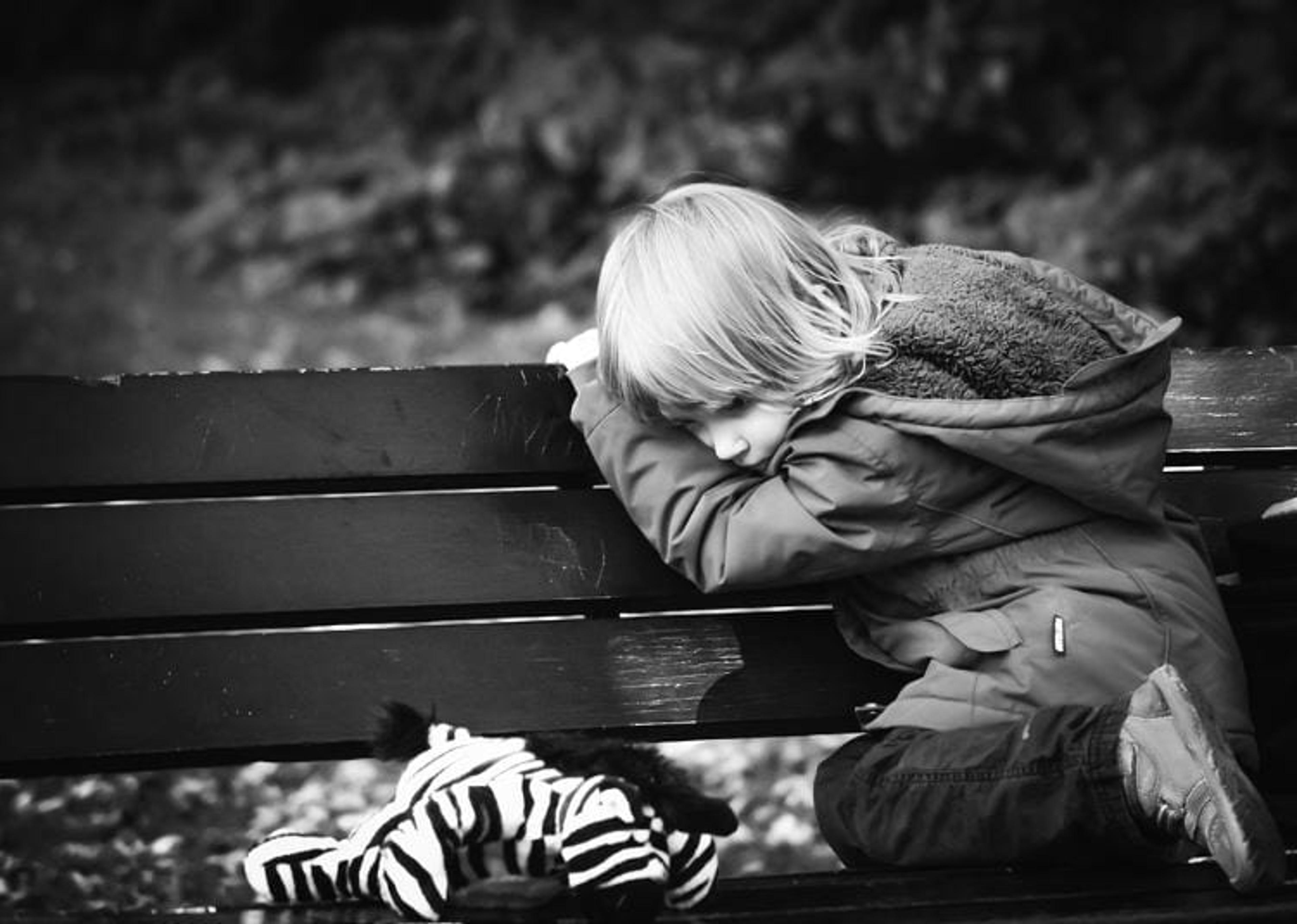Beyond the Card: Overcoming Abuse
Julie Bitely
| 4 min read

Over a 26-year career helping women and their children overcome the trauma of domestic violence, one woman in particular stands out to Sandra Graham-Bermann. The young mom hadn’t shown up to a group counseling session she’d been regularly attending. Graham-Bermann was worried. Her voice breaks recalling the day the mother came back. Her face was bruised and battered, held together by 120 stitches. Graham-Bermann didn’t recognize her until she heard her voice. The mom thanked her for saving her life. An attempted murder by her husband was thwarted by her children calling 911, something they’d learned to do through a companion kids’ counseling group they’d been attending. “That’s one example where there’s no question it had a big impact,” Graham-Bermann said. Graham-Bermann is a professor in the Department of Psychology and Psychiatry at the University of Michigan and an expert in the field of domestic partner violence. The Preschool Kids’ Club and Moms’ Empowerment programs were developed by Graham-Bermann over 20 years ago. The 10-session programs bring together small groups of moms and kids to deal with the aftermath of severe cases of domestic violence. The moms in the group have experienced extreme violence at the hands of a partner, many times repeated and sometimes involving guns and knives. The children who attend are grappling with being a witness to their mom’s abuse, and in 40 percent of cases, have experienced abuse themselves. “My research has to do with understanding the effects of violence on women and children and ways to help them,” Graham-Bermann said. “We help the mom and we help the kids.” Children exposed to violence often have difficulties with depression and anxiety. Graham-Bermann compares their exposure to that of war veterans. They might act out, exhibiting unusual social behavior and have conduct disorder. In the safety of the group, with children who’ve gone through similar situations, they’re able to work through their feelings. Graham-Bermann said the sessions have shown remarkably fast results at reducing depression and anxiety disorders in children. For moms, sessions focus on how to effectively discipline their children without violence, how to make time for self-care, safety planning, and how to talk to their children about what they’ve observed in the family. Graham-Bermann said leaving a domestic violence situation can be difficult for women who feel trapped by economic circumstances or who fear for their lives. She said many didn’t have the best influences in their own life to look up to and are desperate to spare their kids. “These women are like mama bears,” she said. “They want to get safe, they want their kids to have a better life, but oftentimes they don’t know how to do it.” The group component offers built-in support from other moms in the group and counselors work with the women to make a plan for overcoming whatever obstacles they’re facing. The groups have spread to 30 states beyond Michigan and internationally as well. About six years ago, the Blue Cross Blue Shield of Michigan Foundation funded an evaluation of the program. The original study looked at 120 families taking part in counseling, with follow-up interviews taking place at short-term intervals after the program had ended. The study found that both programs had significant effects on improving the lives of both the women and children involved. Now, another BCBSM Foundation-funded study is taking place, evaluating the long-term impact on those same families. Graham-Bermann said so far about 25 women and their children have been interviewed, with research continuing to take place throughout 2016. She’s hopeful that the findings from the interviews will provide some clues about what worked and what didn’t in helping moms and kids move forward. While it can be emotionally taxing to work with domestic violence victims, Graham-Bermann said there’s real hope, especially when it comes to children. She said kids are more receptive to change and focusing on their trauma can help break cycles of violence, especially for young boys. While girls can tend to imagine a future family life, Graham-Bermann said boys struggle with what it means to be a man and their relationships with women. “Boys struggle because their role models aren’t what they want,” she said. “They really get stuck when they try to imagine their families.” In addition, addressing domestic violence could have real economic benefits. Graham-Bermann said costs associated with intimate partner violence are estimated to be around $8 billion per year. In addition to health care costs, there are also lost wages, lost opportunities, and effects on women’s physical and mental health. Living with violence also hinders a woman’s ability to hold and keep a job and be a good parent. “It’s really an interesting population to understand,” she said. This post is part of a storytelling series we call, “Beyond the Card.” These stories will feature Blue Cross Blue Shield of Michigan members, employees, and communities who are making meaningful differences throughout our state. We invite you to follow Beyond the Card stories here at MIBluesPerspectives.com and through the hashtag, #BeyondtheCard on our social channels. If you have a story you would like to share, please feel free to contact us at stories@bcbsm.com. Photo Credit: Ren Rebadomia





